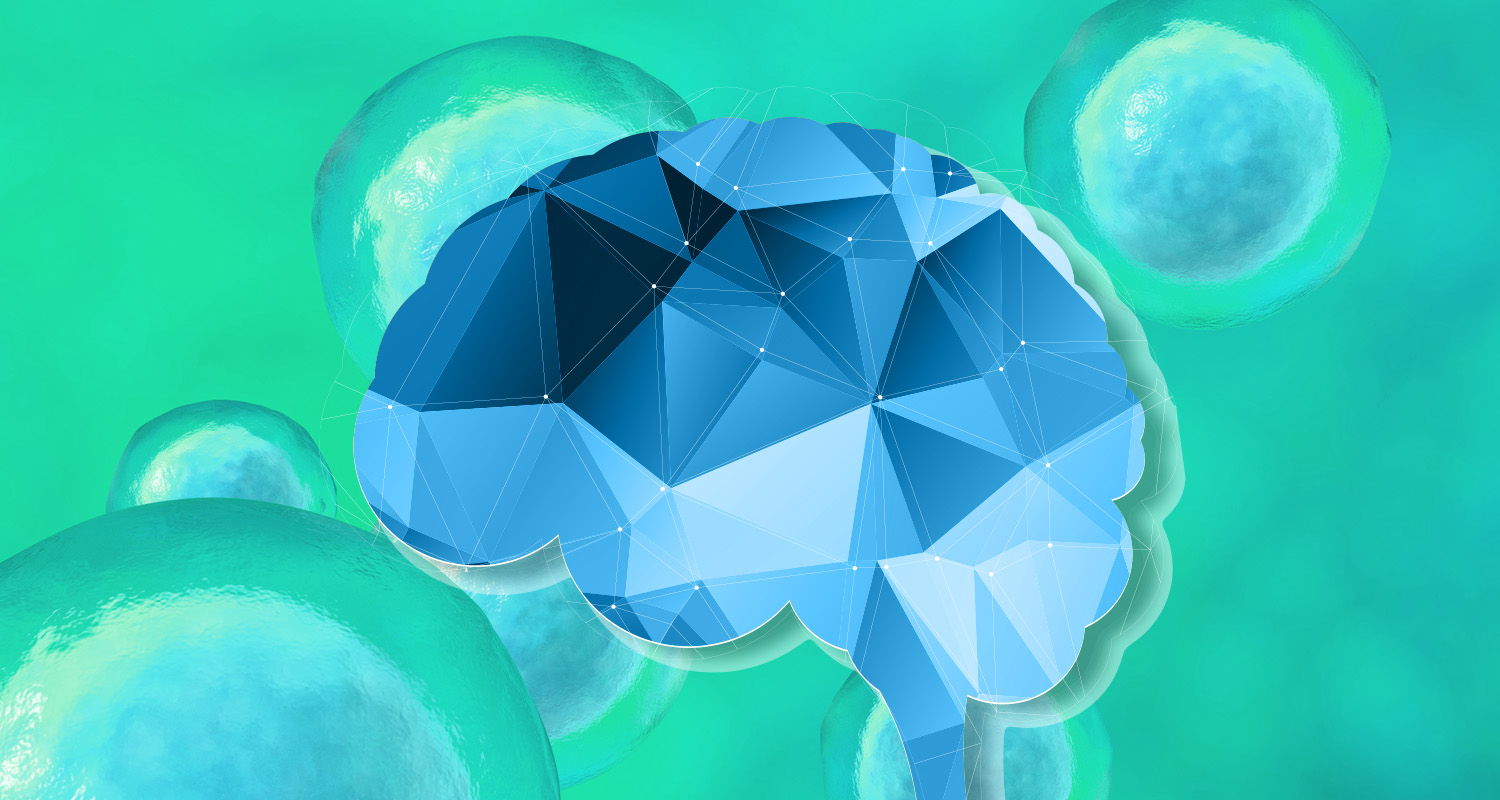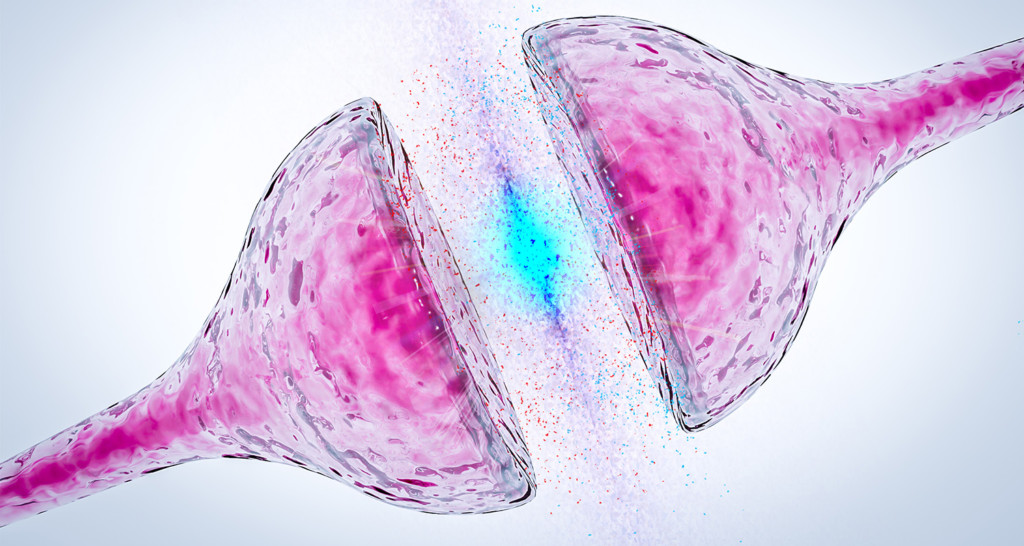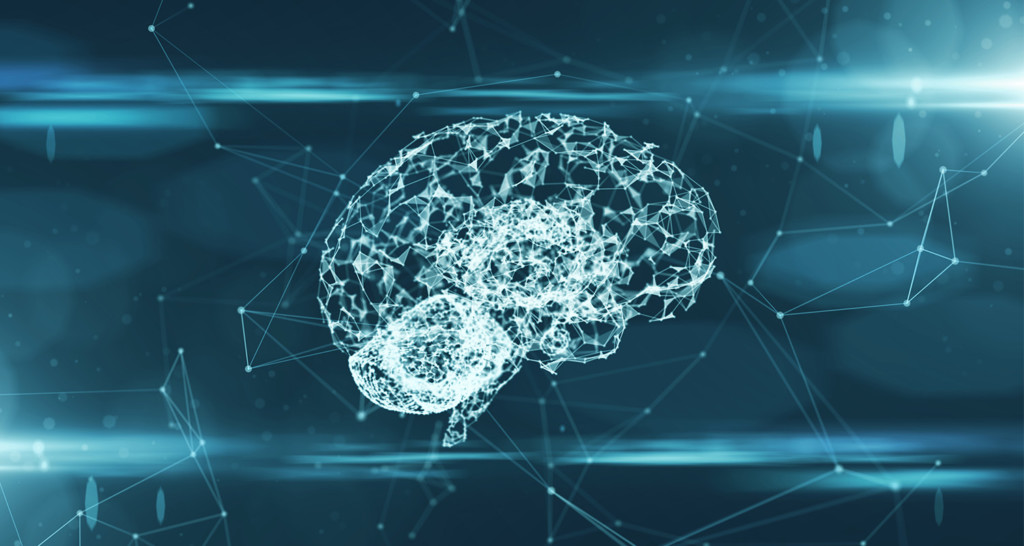
[tldr]
- A growing body of research indicates that inflammation plays a key role in mood disorders and mental illness.
- When inflammatory antibodies cross the blood-brain barrier, it interferes with your brain’s ability to function. That’s why it’s important to reduce inflammation and understand your body’s unique triggers.
- A functional medical doctor can work with you to determine the root cause of your symptoms.
- You can take steps to support your brain health by eliminating inflammatory foods, exercising, sleeping regularly, and reducing your exposure to environmental toxins.
[/tldr]
Picture a 23-year-old man. Up until this point, he has had an ordinary birth, and an ordinary life. He graduated from college. He works for a major corporation. His social skills? Pretty standard.
Then, quite suddenly, he develops insomnia, irritability, and anxiety. He grows agitated and incoherent, delusional, and paranoid. He’s diagnosed with paranoid schizophrenia, and he’s prescribed antipsychotics to manage his symptoms — which do not improve at all. His diagnosis is, officially, “treatment-resistant schizophrenia.”
A year later, he’s diagnosed with acute myeloid leukemia. He receives a bone marrow transplant as part of his cancer treatment — and, as reported in the New York Times, his delusions and paranoia vanish. His social skills improve. His schizophrenia, for all intents and purposes, has been cured.
So, what changed?
His cancer treatment restarted his immune system, which reduced his inflammation and treated his psychosis.
Cases like these are challenging previous theories and beliefs about what causes mental illness. A growing body of research suggests that a number of psychological conditions have one important thing in common: inflammation.
“In my practice, I see a relationship between inflammation and mood symptoms every day,” says Ellen Vora, MD, a holistic psychiatrist. “Anybody suffering from autoimmunity and mental health issues should understand that the systemic inflammation and immune dysregulation occurring in their body as part of their autoimmune disease is likely impacting their brain and therefore their mood.”
Your brain on inflammation
First, a quick primer on inflammation. Inflammation occurs when your immune system releases chemical messengers called cytokines. Cytokines are part of your immune system’s natural response to harmful stimuli, like disease and infection. They act as chemical messengers, communicating with other cells in your body to regulate inflammation.[ref url=”https://www.ncbi.nlm.nih.gov/pmc/articles/PMC2785020/”]
It might seem strange to think that your immune system plays a role in brain health, but new revelations are par for the course in healthcare. Theories surrounding the causes of mental illness have run the gamut from your genes to your environment.[ref url=”https://www.bcmj.org/mds-be/historical-perspectives-theories-diagnosis-and-treatment-mental-illness”] New research complicates things even further.
According to Robert Zembroski, DC, DACNB, a functional neurologist, cytokines and inflammation can affect the amygdala. The amygdala is the part of your brain that plays a role in processing emotion.
“Dysfunctions in the amygdala have been well-known and well-documented to create OCD, anxiety, [and] fearful thoughts,” he says.[ref url=”https://jamanetwork.com/journals/jamapsychiatry/fullarticle/205372″] [ref url=”https://www.nature.com/articles/npp2010123″]
The science behind inflammation and brain health
Your immune system secretes antibodies that are distributed in your blood to help fight the infection or repair the problem. The blood-brain barrier is supposed to protect your brain from those antibodies. But for reasons that aren’t yet known, when inflammation reaches your brain, the cytokines wreak havoc on your neurotransmitters, interfering with your brain function.[ref url=”https://psychscenehub.com/psychinsights/autoimmune-diseases-masquerading-psychiatric-disorders-paradigm-shift-psychiatry/”]
Your immune system isn’t supposed to attack itself. When it does, it can lead to symptoms like anxiety, depression, and hallucinations.[ref url=”https://www.ncbi.nlm.nih.gov/pmc/articles/PMC3626880/#__sec20title”] Studies have even found higher levels of inflammation in patients with depression and suicidal thoughts, PTSD, and chronic fatigue.[ref url=”https://www.biologicalpsychiatryjournal.com/article/S0006-3223(17)31857-7/pdf”] [ref url=”https://onlinelibrary.wiley.com/doi/full/10.1002/art.40222″] [ref url=”http://www.pnas.org/content/114/34/E7150.figures-only”]
Related: Is There a Connection Between Brain Health and Depression?
Take the man whose schizophrenia was seemingly cured following a bone marrow transplant for his leukemia. The study’s authors propose that the transplant may have inadvertently cured his schizophrenia by rebooting his immune system.[ref url=”https://www.frontiersin.org/articles/10.3389/fpsyt.2017.00174/full”]
How did it do that? With the help of stem cells.
Stem cells and brain health
Stem cells have the potential to turn into other types of cells. During chemotherapy, your white blood cells are destroyed. In a bone marrow transplant, transplanted blood stem cells travel to the bone marrow and produce new cells, which promote the growth of new bone marrow. That helps your body produce new white blood cells so your immune system can do its job.
In this case, the authors think that the stem cells from the bone marrow transplant were able to repair the patient’s microglia — cells that operate as the brain’s immune system. That process reduced the inflammation that contributed to his psychosis. In other studies, increased inflammation has been shown to negatively impact every part of the central nervous system, including brain activity and hormone function.[ref url=”https://www.ncbi.nlm.nih.gov/pmc/articles/PMC5542670/”]
Are stem cells the answer to schizophrenia and depression?
Not yet. Stem cell therapy for brain health is still in its infancy, but rodent studies are promising. New research suggests that transplanting stem cells could be a permanent cure for schizophrenia.[ref url=”https://www.nature.com/articles/mp2013111″]
Stem cells are great. They’ve been shown to help stop pain and reverse aging. But this doesn’t mean you should go out and inject yourself with stem cells every time you feel a little blue. Based on current data, it’s more effective to address what caused the inflammation in the first place.
As Zembroski puts it: “The existing circuitry broke, so where did the damage come from?”
How to reduce inflammation and support your brain
Important caveat: Inflammation can impact the brain in a number of different ways. The general consensus is that psychiatric disorders are not inflammatory conditions, so not all patients who are diagnosed with a mental disorder will benefit from reduced inflammation.[ref url=”http://www.psychiatrictimes.com/special-reports/introduction-inflammation-connection”] Similarly, not all patients with inflammation are grappling with serious mood disorders.
“I don’t think we can blame any one mood disorder or mental illness on any one factor,” Zembroski says. “I think people — not only people, but doctors and healthcare providers — really have to focus on underlying roots and reasons why people may have inflammation and autoimmune issues.”
However, it’s safe to say that reducing inflammation is a good thing for your brain, body, and longevity. This is true whether you’re dealing with mood disorder symptoms or want to take a more active role in helping your body be even more awesome.
Here are some steps to get started.
See your doctor
One of the first things you should do to reduce inflammation is to speak with a doctor about your symptoms. A number of triggers can increase inflammation, including obesity, age, medical illness, genetics, trauma, and your diet. Since inflammation can be caused by so many different factors, it’s worthwhile to pinpoint your biggest triggers with hard data.
“Any indication that you’re in a state of physical imbalance or immune dysregulation is worth bringing up with your doctor,” Vora says, adding that it’s a red flag if you’re dealing with symptoms like digestive problems, eczema, asthma, chronic sinus issues, frequent headaches, joint issues, skin issues, or thyroid symptoms like feeling hot or cold. For women, any indication of hormone imbalance — like irregular periods or severe PMS — is worth bringing up with a doctor.
Related: 4 Natural Remedies That Fight Inflammation
“If you don’t feel your primary care doctor is validating the significance of your physical symptoms, I suggest having a consultation with a functional medicine practitioner or a naturopath,” Vora says.
To help narrow down the root cause of inflammation, your doctor might recommend lifestyle changes or specific lab tests, like stool and neurotransmitter assessments, to figure out what causes your immune system to go haywire.
Stop eating inflammatory foods
Certain foods cause inflammation in the body, and that inflammation impacts the brain. Translation: put that bowl of “whole grain” cereal down, stat. Learn more about how gluten and grains impact your body.
Your gut and brain are in constant contact thanks to the gut-brain axis: bacteria can make neurotransmitters that influence your brain activity, which contributes to your mental performance. If you’re dealing with depression, anxiety, mood swings, and fatigue, there’s a chance your gut is out of balance. Here’s more information about the gut-brain axis and how it can contribute to depressive behavior.
“Stay away from the foods proven, scientifically and biochemically, to create inflammation,” says Zembroski. “The two biggest ones are gluten and dairy, or the proteins in grain gluten and casein in dairy.”
The Bulletproof Diet lays out a complete guide to foods and cooking methods that will help you feel your best by reducing your exposure to inflammatory foods and reducing toxic exposure. Learn more about what to eat when you have autoimmune disease to reduce inflammation.
Exercise for your brain
High-intensity interval training has been shown to “change brain function, increase blood flow, and regulate neurotransmission,” says Zembroski. It’s also one of the best ways to fit a workout into your routine without spending hours in the gym.
The Bulletproof Exercise Roadmap lays out a series of workout routines that are specifically designed to support your physical and mental fitness — and they take less than 20 minutes, one to two times per week.
Related: New Study Says Yes, You Can Get Results With a 13-Minute Workout
Sleep to curb inflammation
Quality shut-eye is restorative, but most people don’t get enough of it — which contributes to systemic inflammation.
“Even just a lack of two hours increases the inflammatory response in the body,” Zembroski says. “When people go to sleep and feel like crap, there’s a reason for that. It’s not just because you didn’t recharge your batteries. You actually caused a physiological function in your body and it’s systemic inflammation.”
Check out this series of Bulletproof-approved tips to improve your sleep. Want to really upgrade your restorative rest? Try a sleep headband.
Reduce contamination
Zembroski points out that contamination can come from what you eat and what you take. “What are the things that you’re eating or being exposed to that can change brain function?” he says. “Is there something you’re taking that may alter normal neural transmission and the production of neurotransmitters and create some inflammatory response?”
Here’s one example: If you’re struggling with anxiety, your doctor might prescribe a benzodiazepine like Xanax or Valium to help you relax. Benzodiazepines block the uptake of a neurotransmitter called serotonin, a chemical that contributes to happiness and your overall sense of well-being.[ref url=”https://www.ncbi.nlm.nih.gov/pmc/articles/PMC2077351/”] A 2011 review raised concerns about the safety of benzodiazepine because of its negative effects on the immune system and blood vessels — specifically, inflammation.[ref url=”https://www.ncbi.nlm.nih.gov/pmc/articles/PMC3203915/”]
This isn’t to say that you should ditch your medications — talk to your doctor before you make any big changes. But it’s important to note that activating other neurotransmitters, like GABA, can dissolve anxiety and improve sleep without the side effects of harsh benzodiazepines.
Environmental toxins can also contribute to inflammation and symptoms that mirror complaints associated with mental illness. Symptoms of mold exposure include fatigue, anxiety, and mood swings. Mold damages your DNA and contributes to inflammation, snowballing into complications like mood disorders — and mold can hide anywhere from your food to your home.
Learn more about the dangers of mold exposure in Bulletproof Founder Dave Asprey’s conversation with Dr. Ritchie Shoemaker, a research and education pioneer in the field of biotoxin-related illness, on this Bulletproof Radio podcast episode.
Why you need to find the root cause of inflammation
The most important takeaway, according to Zembroski, is that it’s vital to find the source of your systemic inflammation if you want to achieve lasting change.
“We always have to go after the reasons, or at least uncover most of the reasons, to give the person a fighting chance to have normalcy,” Zembroski says.
There is no one-size-fits-all approach to treating mood disorders and mental illness — and there shouldn’t be. Mental health can be impacted by so many potential factors that it would be irresponsible to try to pin down one blanket form of treatment.
That’s why the therapies and medications that work for one person might not work for you. Your symptoms might be similar, but the root causes are world apart. Genetics might play a role. Or stress. Or a combination of your diet, your environment, and your sleep habits.
You deserve to feel present, balanced, and happy. All of this ongoing research in inflammation demonstrates one clear (and pretty exciting) truth: The way people think about what causes mental illness is changing. That means that treatment options are changing, too. And that’s a good thing for everyone.
Remember, if you’re dealing with depressive or suicidal thoughts, you’re not alone. Mental illness is treatable, and there are plenty of ways to start your path to healing. If you’re dealing with depression and don’t know where to start, call the National Suicide Prevention Lifeline at 1-800-273-8255. There’s also a 24/7 confidential chat option on their website.






















